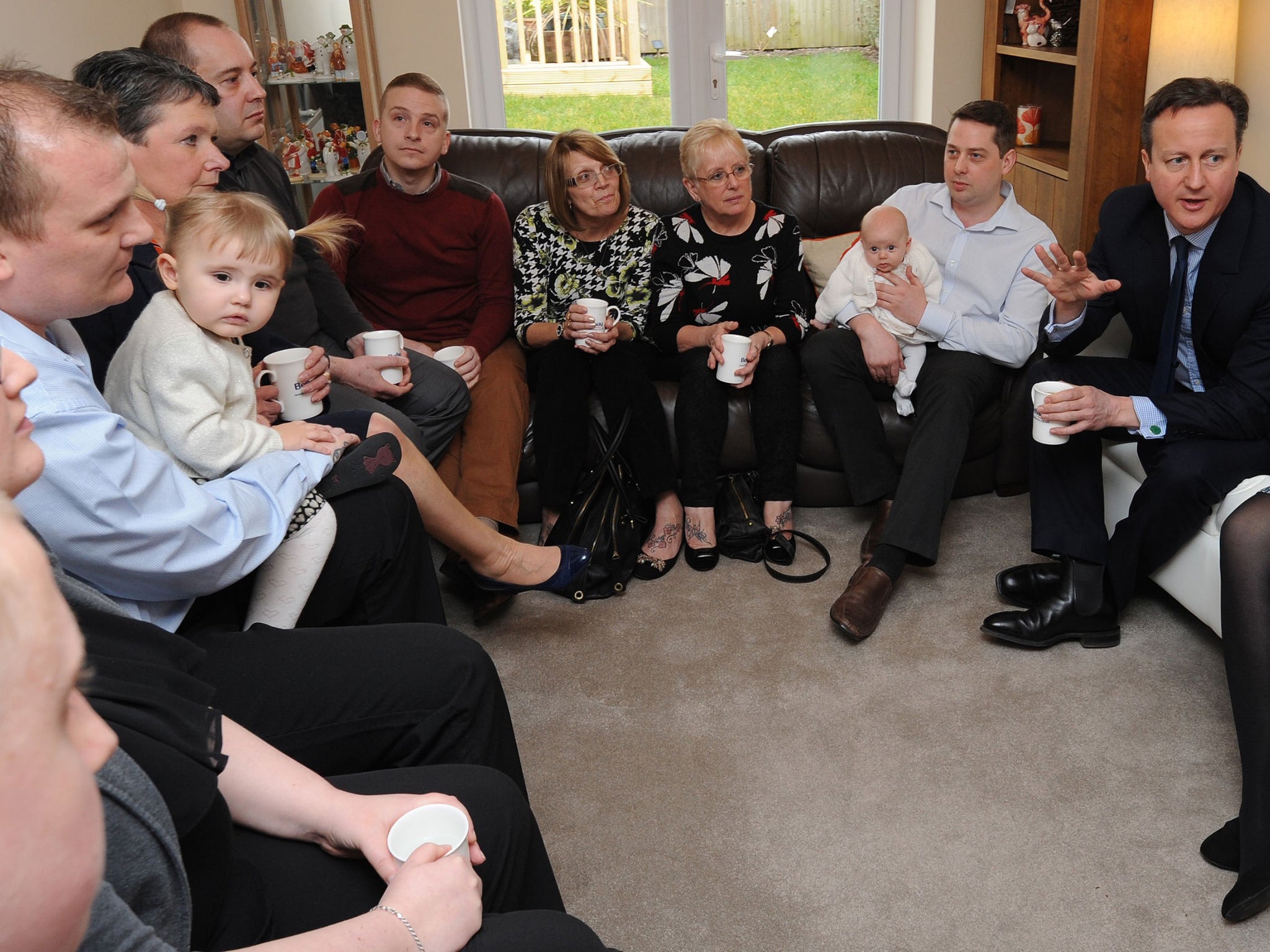General election: 7 things that have been wrong with this campaign – and what needs to change if politicians really want more people to vote
From meaningless soundbites to the unfair first-past-the-post voting system, this election has had some serious flaws... and we need to fix them

Your support helps us to tell the story
From reproductive rights to climate change to Big Tech, The Independent is on the ground when the story is developing. Whether it's investigating the financials of Elon Musk's pro-Trump PAC or producing our latest documentary, 'The A Word', which shines a light on the American women fighting for reproductive rights, we know how important it is to parse out the facts from the messaging.
At such a critical moment in US history, we need reporters on the ground. Your donation allows us to keep sending journalists to speak to both sides of the story.
The Independent is trusted by Americans across the entire political spectrum. And unlike many other quality news outlets, we choose not to lock Americans out of our reporting and analysis with paywalls. We believe quality journalism should be available to everyone, paid for by those who can afford it.
Your support makes all the difference.Voting should be compulsory
One of the more noticeable things about this campaign is the number of people who look at you blankly when you ask them how they are likely to vote. Too many simply shrug and say ‘oh I don’t vote’.
This election is closer than almost any other since the 1970s and yet it is likely to have one of the lowest turnouts ever.
It is time to make people turn up and vote by law. They should not have to vote for any particular party – there should be a ‘none of the above’ option on every ballot paper – but everyone should have to make that conscious decision or face a fine. It works in Australia and is uncontroversial. It would work here too and concentrate the minds of people who currently just shrug, complain and look the other way.
If you want to convince people to vote for you it helps if you meet some voters who don’t belong to your party

It is not an exaggeration to say that has been the most sterile election campaign since before the Great Reform Act when MPs could be chosen in the living rooms of landlords’ mansions and votes were bought rather than cast.
Much of that is the fault of the media. Politicians are now so scared that their election campaign will be derailed by a ‘Gillian Duffy moment’ that they prefer not to meet anyone who is not a registered party supporter or in a workplace setting where people can get sacked if they speak out of line.
This is a huge shame. Politicians should take the risk of walkabouts and open meetings and the media should cut them some slack. It would do a lot to help restore trust in politics and bring future election campaigns alive.
The age of meaningless political soundbites must end
Tony Blair’s spin doctor Alistair Campbell once famously remarked that it was the point at which the media were absolutely sick of a politician’s sound-bite that it was beginning to register with the general public.
That might have been true then – but (thanks in part to Tony Blair) such political slogans are now such a devalued currency that even if they register they irritate rather than inspire. “Hard working families who play by the rules”, “long term economic plans” and “strong, stable Government” need to be consigned to the history books of slogans. Politicians need to start speaking like the rest of us again.
The time has come to introduce proper proportional representation
One thing certain about this election result – whatever it eventually turns out to be – is that it will be the most unfair in many years. Even if you don’t like Ukip it is wrong for a party likely to get the support of one in ten voters only to end up with two seats out of 650 seats in the House of Commons.
The 2011 referendum to introduce constituency level PR-lite was rightly rejected by voters but the case for proper proportional representation is stronger than ever. It might lead to more coalitions but as Germany (and the last five years in the UK) proves this is not the nightmare of unstable government its critics claim.
If politicians make promises they need to say how they will pay for them. If they promise cuts they need to say who will lose out
Oddly, the Conservatives have been most guilty of this during the campaign – and have rightly paid a price for it. David Cameron has pledged £8 bn more for the NHS but won’t say where the money is coming from. He has also promised to cut welfare spending by £12 bn but only identified where £2 bn of those cuts will come from.
Such chicanery underestimates the intelligence of voters and undermines trust in politicians and politics further. It is fine to say you will try and increase the budget of the NHS if you can find the money but don’t promise to. Equally if you are planning to make cuts there should be a moral obligation to explain who will lose out.
Televised leaders debates should be enshrined in law
Both at this election and the last the leaders’ debates have defied expectations by being illuminating, well watched and of surprisingly high calibre.
But we only had one real debate this time around because of David Cameron’s reluctance to engage with Ed Miliband head to head. It is quite possible that, unless things change, at the next election they won’t happen at all.
The next Government should set up a commission with the job of setting the broad ground rules for future televised debates and legislating to ensure that they happen in every subsequent election.
The public needs to pay for politics
The battle buses, posters, and endless pieces of election literature that have clogged up doormats for the last four weeks have mainly been funded not by small donations but by millionaires, big business and the trade unions.
This is wrong and it distorts our political system. For the Tories it means that they could never consider introducing a mansion tax because their donor base would revolt. For Labour it means that future MPs are selected – not democratically - but by who gets on best with their union paymasters.
If the public want politicians that serve them rather vested interests we need to pay for politics from general taxation. Each party should get a set level of state funding and a cap of £1000 should be introduced on all political donations. This would do more than anything else to clean up politics, restore trust and level the political playing field.
Join our commenting forum
Join thought-provoking conversations, follow other Independent readers and see their replies
Comments